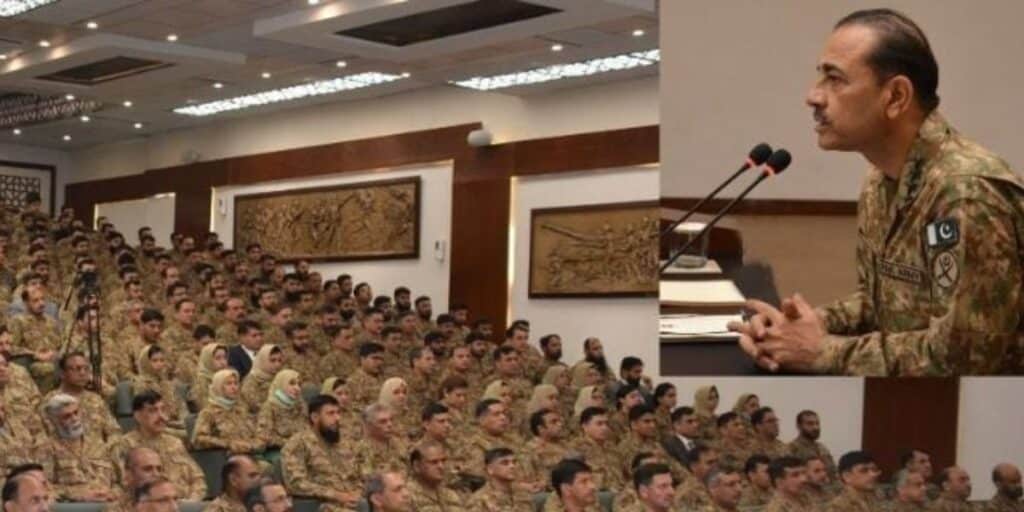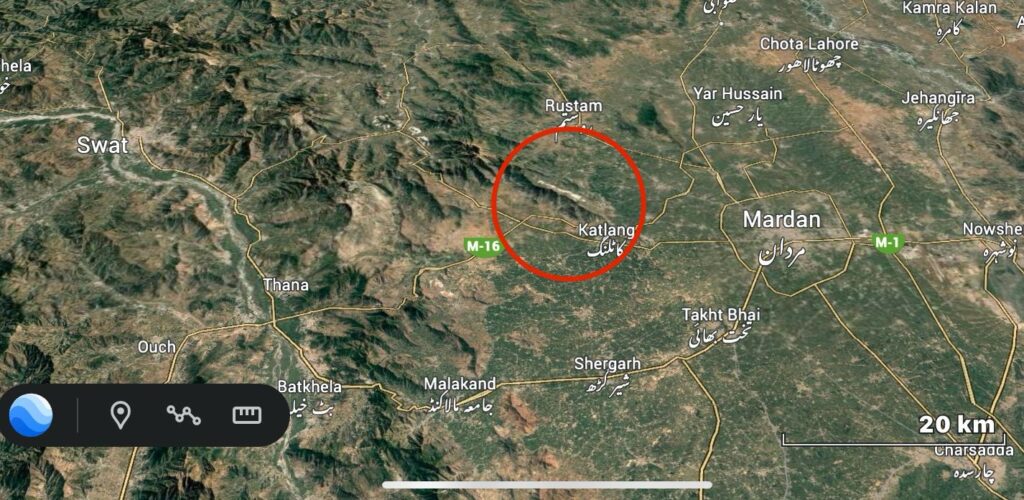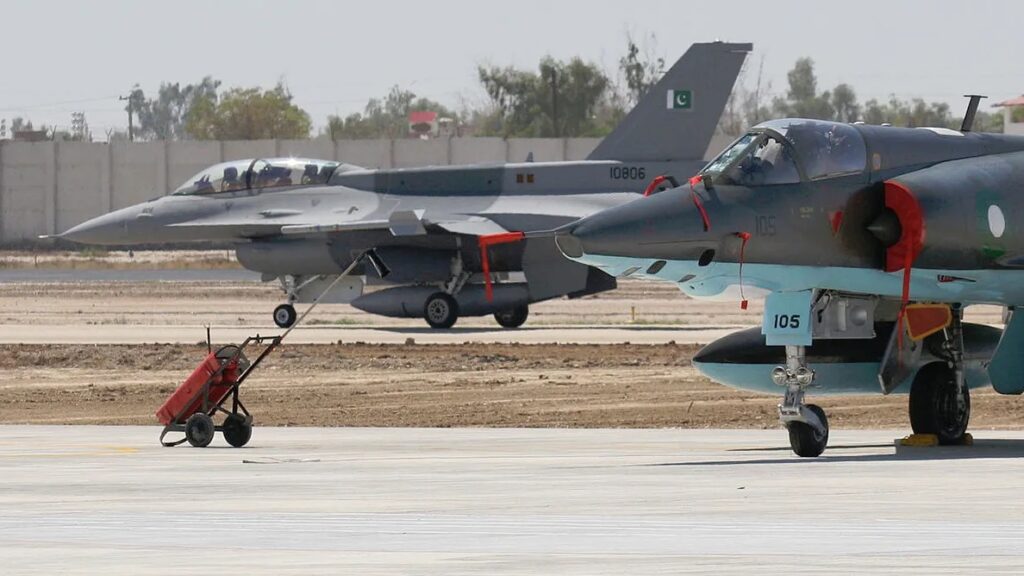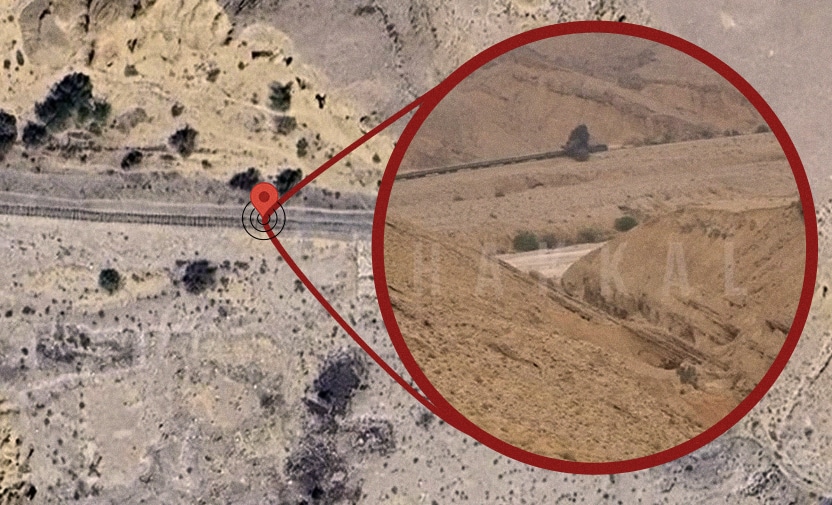RAWALPINDI: A Corps Commanders Conference was held under the chairmanship of Chief of Army Staff, General Asim Munir.
According to the Inter-Services Public Relations (ISPR), the Army Chief addressed the participants by reaffirming that the blood of martyrs will not go in vain.
He emphasized the need to continue comprehensive and decisive operations against India-backed proxies and terrorist elements, stating that ensuring the safety of the Pakistani people remains the top priority of the armed forces.
General Asim Munir criticized India’s attempts to involve third parties in bilateral tensions, calling it an effort to promote bloc politics based on false narratives.
He pointed out that the world is becoming increasingly disillusioned with India’s expansionist ambitions and the rising wave of Hindutva-driven extremism.
The Army Chief briefed the forum about the Prime Minister’s recent visits to Türkiye, Azerbaijan, Iran, Saudi Arabia, and the UAE, as well as his own historic and unique visit to the United States, where bilateral cooperation was thoroughly reviewed.
He also appreciated the coordination between the Pakistan Air Force and Navy in maintaining tri-services harmony.
The forum expressed serious concerns over the use of force as a preferred policy tool in global conflicts.
A special briefing was given on the security implications of the Israel-Iran conflict and the wider Middle East situation, both domestically and internationally.
The Army Chief expressed satisfaction over the operational readiness of Pakistan’s forces to tackle emerging challenges.
Participants were also informed about the recent successes of security forces in operations against terrorist proxies, while it was noted that India, frustrated after its setbacks in Pahalgam, is now attempting to advance its agenda through sponsored proxies.
ALSO READ: Field Marshal Asim Munir vows to bring all terrorism facilitators to justice
General Munir highlighted Pakistan’s active diplomatic engagements in recent times as part of its strategic efforts to address regional and global security concerns.





